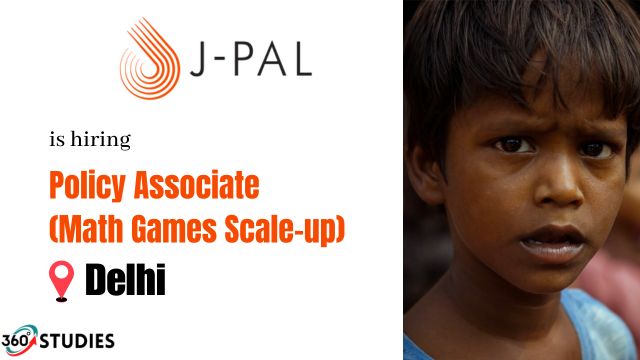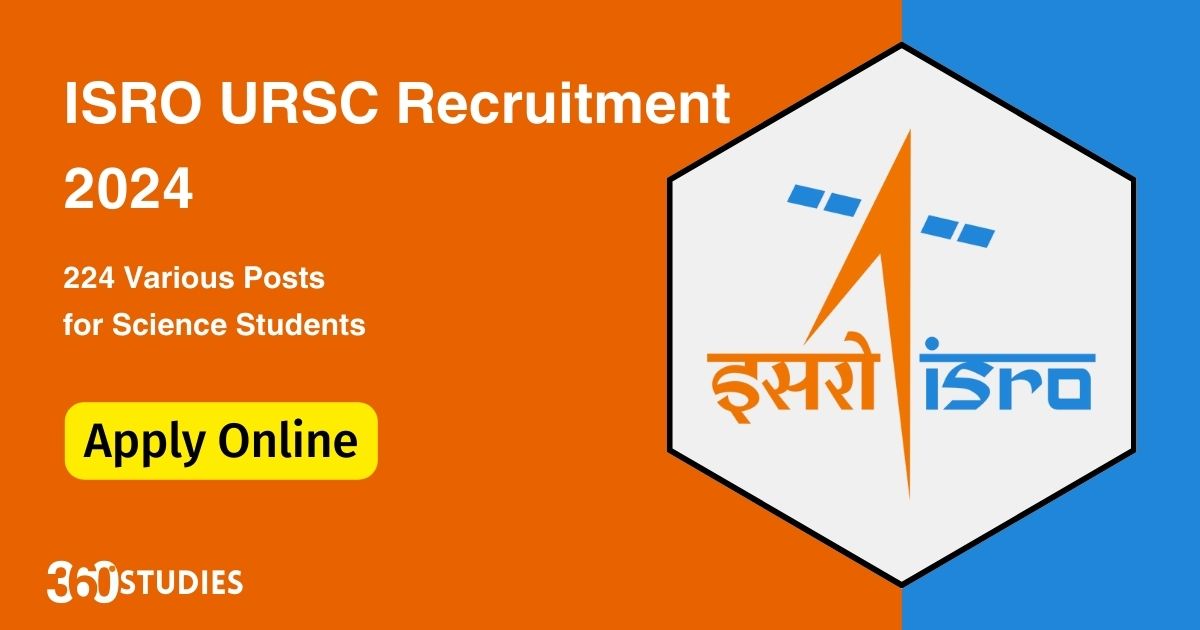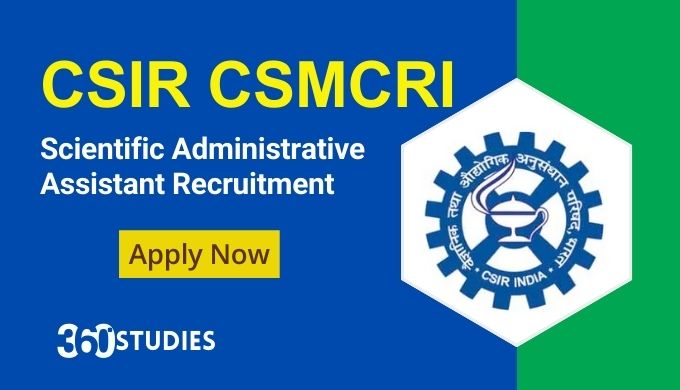Table of Contents
About
The Abdul Latif Jameel Poverty Action Lab (J-PAL) J-PAL was established in 2003 as a research centre at the Economics Department at MIT. Since then, it has grown into a global network of researchers who use randomized evaluations to answer critical policy questions in the fight against poverty. J-PAL is propelled by a team dedicated to research, policy, training, and other vital work, supporting J-PAL’s mission to reduce poverty by ensuring that policy is informed by scientific evidence.
J-PAL South Asia, the regional office which is based at the Institute for Financial Management and Research (IFMR) in India, analyses and disseminates research results and builds partnerships with policymakers to ensure that policy is driven by evidence and that programs proven effective are scaled up. We have a growing number of partnerships in Bangladesh, India, Nepal, Pakistan, and Sri Lanka.
For more information on J-PAL SA, please see http://www.povertyactionlab.org/south-asia.
The Policy team at J-PAL South Asia (J-PAL SA) disseminates findings of J-PAL’s research; develops relationships with governments, civil society, and academic stakeholders; catalyzes scale-ups and replications of effective projects; and assists in conceptualizing new research projects. The team works closely with the global J-PAL office based at MIT to align the regional strategy with broader organizational objectives.
Math Games is an innovative math curriculum that aims to develop children’s intuitive concepts of numbers and geometry, informed by decades of cognitive development research, and rigorously evaluated through three randomized evaluations in Delhi. We find that children exposed to these games exhibited gains in innate as school math skills compared to those who were not exposed to the games. J-PAL is working with the Government of Maharashtra to scale up Math Games across grade 1 classrooms in select districts of Maharashtra. J-PAL is also working with NGOs to transfer knowledge of the games and conduct pilots to integrate the games into their ECE curriculum. This is an excellent opportunity to obtain a strong understanding of how children learn mathematics, the economic and policy issues relating to early childhood education and what it takes to scale evidence-based programs with both government and NGO partners.
Roles and Responsibilities:
The Policy Associate will work closely with the Associate Director, Scale-Ups and Senior Policy Associate to undertake the following tasks.
Implementation Support
- Assist in redesigning the Math Games curriculum, teacher manuals and teacher training materials to incorporate state-specific language and content.
- Lead the training of selected master trainers in the State.
- Support the government partner in the scale-up implementation and teacher training.
- Preparing game material for sharing/printing (teacher training material, student material, manuals)
- Identification of vendors to print materials, liaise with vendors to deliver final products, manage logistics to distribute materials and vendor payments (for implementation)
- Preparing support material (manuals, instructions, videos)
Partnership management
- Communication and coordination with government nodal person
- Work with Associate Director and Senior Policy Associate to prepare documents, and presentations for government meetings, recommend and coordinate meetings with state-level officials as needed
- Acquire required approvals for school visits and plan and share field staff movement plan with partners
- Continue updating meeting details and list of government contacts; build relationships with new officials
Project documentation
- Review and finalize biweekly progress reports, meetings and recommendations
- Support the creation of a final project report and presentation
- Continue updating news/landscape tracker (keep track of key policy changes)
NGO expansion
- Assist PI and Policy Manager in developing course modules for NGO training workshops and preparing materials
- Support PI in delivering the training workshop to NGOs and course administration
- Support Policy Manager in providing post-training support to NGOs
Other
- Support the research team in monitoring, evaluation, learning, and research activities related to the scale-up
Desired Qualifications and Experience:
- Bachelor’s/Master’s degree in education, applied psychology, cognitive science, economics or related fields.
- Experience 0-2 years, experience working in cognitive science/education sector preferred.
- Experience teaching in schools, and or working with teachers is preferred.
- Experience doing field data collection is a plus.
- Familiarity with RCTs.
- Excellent management/organizational skills and able to solve unexpected problems.
- Flexible, self-motivating, independent and manages multiple tasks efficiently.
- Ability to deal with unstructured and changing environments.
- Attention to detail.
- Fluency and excellent communication skills in English and Marathi
Note on Work Authorizations:
Candidates must have work authorization to work in India.
How to Apply
If you are interested in this position, please click on the apply button on the JD here; the first-time users will be asked to sign up and upload your CV, cover letter, and academic transcripts (optional).
Any queries, please write to recruitment.jpalsa@ifmr.ac.in.






